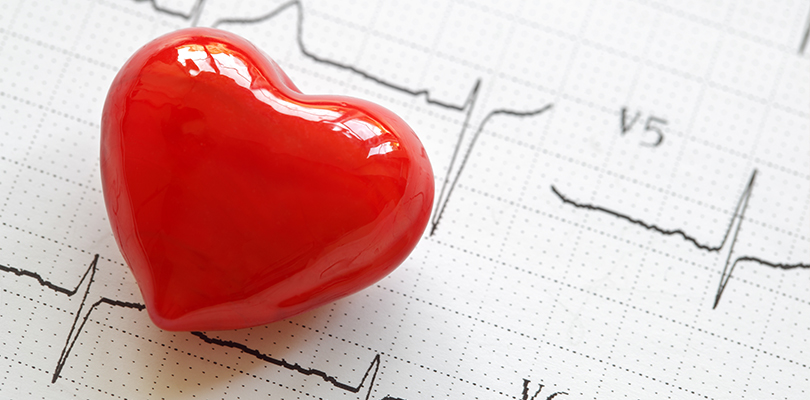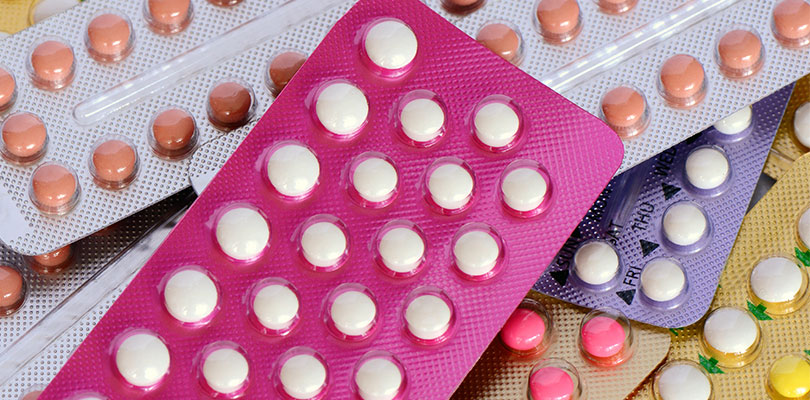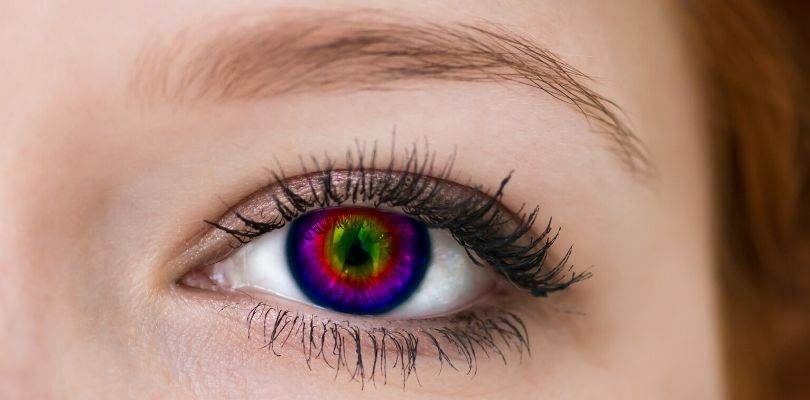Photo Credit: brianajackson / iStockPhoto.com
What Is High Cholesterol and How Do You Treat It?
According to the CDC, 73.5 million Americans have elevated LDL cholesterol levels — the “bad” cholesterol levels. Less than half of those people are getting treatment to control their cholesterol levels. About 31 million Americans have a total cholesterol level of greater than 240 mg/dL.
Why is this important?
People with elevated total cholesterol have an estimated twice the risk for heart disease as people with normal lipid panels.
What does this mean for you?
Knowing the causes and symptoms of high cholesterol is important in lowering your risk of heart disease, and other comorbidities that may occur as a result of high cholesterol.
The Causes of High Cholesterol
High cholesterol, or hyperlipidemia as it is medically known, has several known causes.
A poor diet can contribute to hyperlipidemia. Historically, doctors have recommended a diet low in saturated fats and trans fats to their patients.
This includes diets that are low in fats such as egg yolks, cheeses, red meats, baked goods such as pastries, fried foods, and other heavily processed foods.
However, new research has come to light that perhaps intake of dietary cholesterol is not quite as important in lowering lipid cholesterol as we had once believed. According to Cleveland Clinic, Dr. Steven Nissen, a cardiologist, says, “About 85 percent of the cholesterol in the circulation is manufactured by the body in the liver.”
The biggest culprit when it comes to dietary cholesterol? Trans fats — so limit the processed foods!
Physical inactivity can also contribute. This is because being inactive can lead to weight gain, and weight gain tend to increase LDL, lower HDL, and increase total cholesterol.
Familial hypercholesteremia is inherited hyperlipidemia. This is high cholesterol that you can’t really prevent because you inherit it from your family. Aging also contributes to high cholesterol.
Symptoms of High Cholesterol
You may have heard the term “silent killer.” High cholesterol is a silent killer because it has no symptoms.
High cholesterol is often diagnosed at a routine blood draw at a doctor’s office visit. However, for people not receiving routine medical care, sometimes it is not diagnosed until it has already caused a larger problem, such as a heart attack.
Living with MS and brain fog can be mild for some and downright disabling for others, but we are not helpless and we are not alone.
Treatment of High Cholesterol
Pharmacotherapy is available for elevated cholesterol and can be subdivided for high lipids and high triglycerides. If both are elevated, both types of medications are typically prescribed.
High lipids:
- Statins. This is the most commonly used cholesterol medication class. Statins work by allowing the body to block a substance that the liver needs to make cholesterol. In addition, the body reabsorbs cholesterol from deposits on the arterial walls. Examples of statins include atorvastatin (Lipitor), pravastatin (Pravachol), rosuvastatin (Crestor), and simvastatin (Zocor).
- Bile-acid-binding resins. These medications lower cholesterol by binding to the bile acids that the liver would otherwise use to make more cholesterol. Examples include cholestyramine (Prevalite), colesevelam (Welchol), and colestipol (Colestid).
- Cholesterol absorption inhibitors. These medications reduce cholesterol in the blood by limiting the absorption of dietary cholesterol. The drug is ezetimibe (Zetia).
High triglycerides:
- Fibrates. Triglyceride levels are lowered by decreasing the liver’s production of very-low-density lipoprotein (VLDL) and increasing the rate at which triglycerides are removed in the blood. Examples include gemfibrozil (Lopid) and febofibrate (TriCor).
- Niacin. Niacin limits the body’s ability to produce LDL and VLDL. Studies show that it is not effective when paired with other cholesterol medications, so it is now only recommended to take if statins are not tolerated.
- Omega-3 fatty acids. Supplements can be given as over-the-counter or prescription. They have been shown to reduce triglyceride levels.
High Cholesterol Diet Advice
Where we had once recommended eating no fat for hyperlipidemia, we’re now recognizing that this may not be necessary. We’re recognizing it is the kind of fat that is important.
Saturated fats — typically animal fats — should be eaten in moderation. Saturated fats are heavier in dietary cholesterol.
Pick leaner cuts of meat, which will have much less cholesterol. Eggs, which were once thought to be completely off-limits, or thought to only include egg whites, are now recommended to be limited to seven eggs per week, so egg lovers rejoice!
Trans-fats — avoid completely! Trans fats increase the LDL cholesterol and decrease the HDL cholesterol. They are found in foods that have “partially hydrogenated oils” in their ingredients — typically commercially prepared baked goods and crackers. If you have a craving for a baked good, make your own using a heart-healthy oil instead!
Monounsaturated fats are recommended. This is the type of fat found in olive oil and canola oil. In addition, it is found in nuts and avocados. Omega-3 fatty acids are found in fish such as salmon, tuna and herring so these are also great choices.







